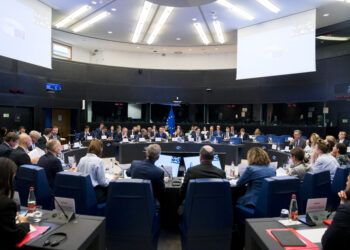Brussels – The process of hearings for EU commissioners-designate in the European Parliament begins in a relaxed environment: yesterday (Nov. 4), the first four were approved without any particular hiccups. Whether it is a flash in the pan, the calm before the storm before the most relevant portfolios and the most discussed profiles, or a true sign of convergence of views among the groups in the European Parliament, will become clear as early as today.
According to parliamentary sources, Slovak independent socialist Maroš Šefčovič, designated to the trade, transparency, and institutional relations post, Maltese social democrat Glenn Micallef, responsible for youth culture and sports, the Greek Apostolos Tzitzikostas of the European People’s Party (EPP), designated to the transport and tourism portfolio, and the Luxembourger Cristophe Hansen, also a Popular, responsible for agriculture, can sleep soundly. Although the process to evaluate the candidates by the relevant parliamentary committees is confidential until it is formally closed, likely on Nov. 21, initial feedback on the sidelines of the hearings is more than positive.
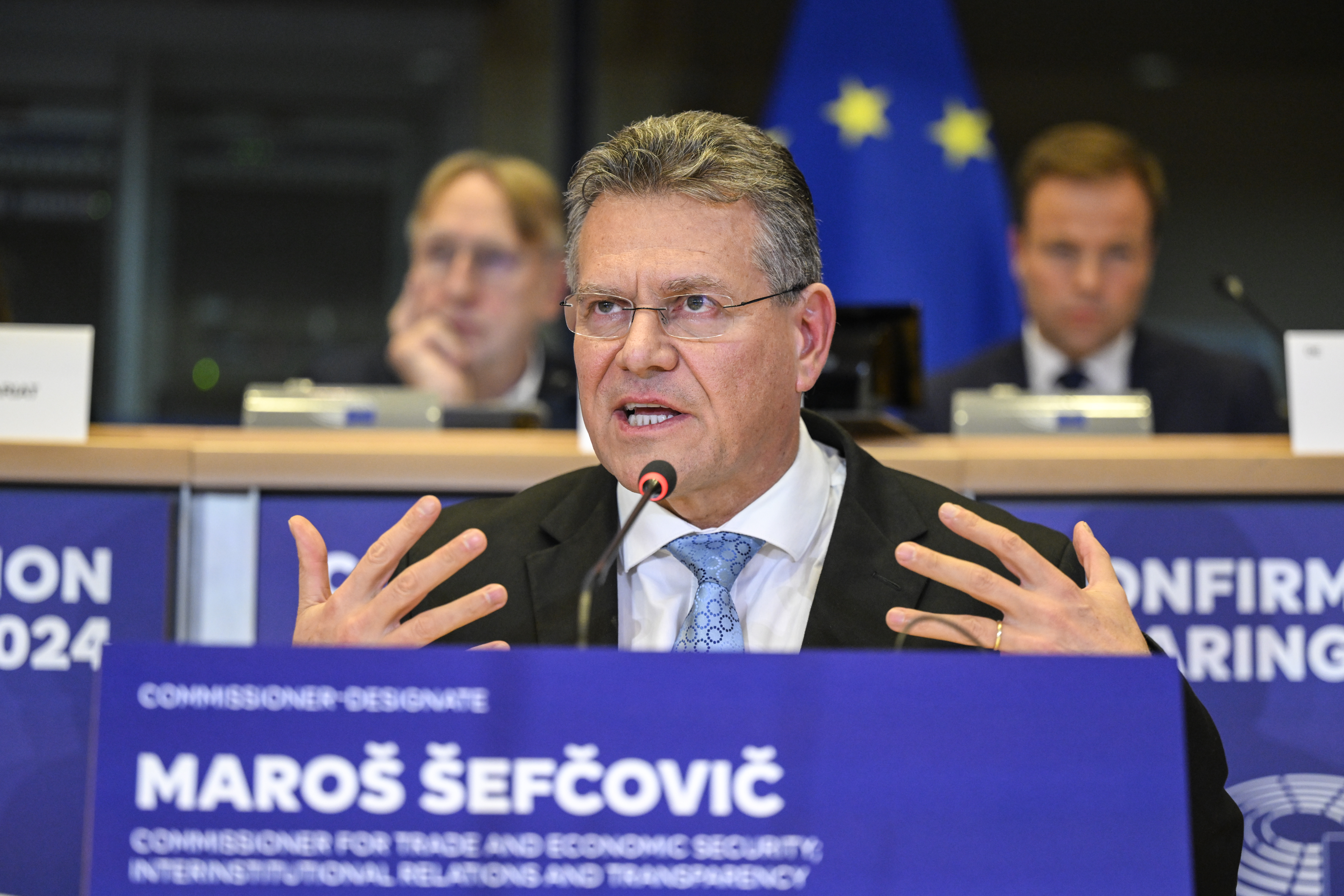
Starting with Šefčovič, former vice president of the outgoing EU executive and European commissioner since 2009, who leveraged his long-standing experience to navigate questions from the International Trade (INTA) and Constitutional Affairs (AFCO) committees. The Slovak, a member of PM Robert Fico’s pro-Russian Socialists, suspended last year from the Social Democratic group in the European Parliament, distanced himself from his prime minister and reassured MEPs of his commitment “to the European interest and the improvement of the Union.”
Šefčovič addressed several topics. On the relationship with the United States, the commissioner-designate said that “regardless of the outcome of the elections,” he will present “an offer of cooperation, including a renewed EU-US Trade and Technology Council.” At the same time, Šefčovič said he was “ready to defend our interests if faced with disruptive scenarios.” Brando Benifei, a Democratic Party MEP and chairman of the EU-US delegation in the European Parliament, said he was “satisfied with the commitment” promised by Šefčovič to “dialogue with the US as allies and not as rivals” but always safeguarding “specific European interests in terms of trade and industry.” The Slovak called EU duties on Chinese electric vehicles “proportionate” and insisted that Brussels rebalance relations with Beijing “in terms of transparency, predictability and reciprocity.”
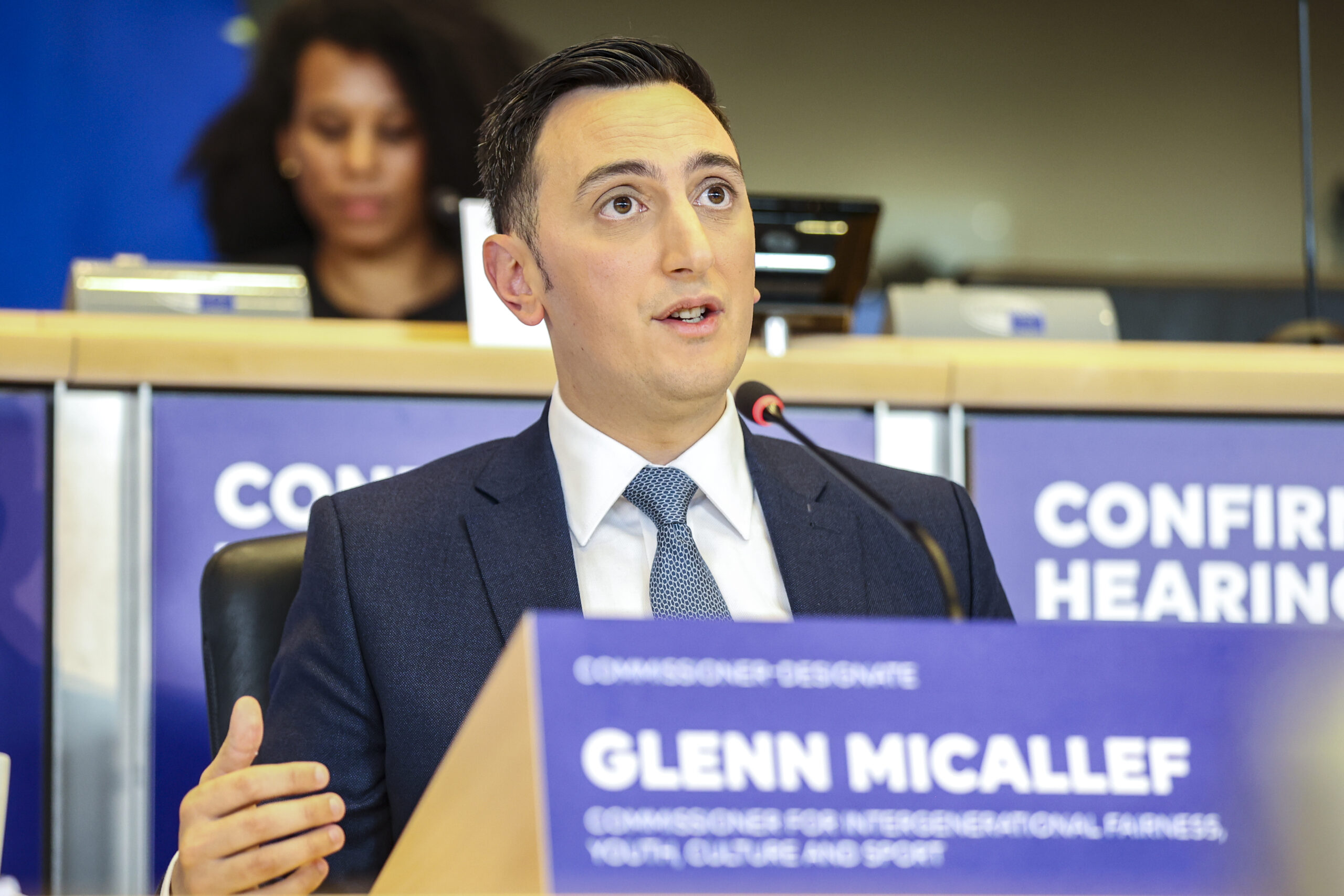
On Šefčovič, according to Ansa reports, all political groups except the European Left and the far-right group revolving around Germany’s AfD, the Europe of Sovereign Nations, have come out in favor. Maltese socialist Glen Micallef, commissioner-designate for Intergenerational Equity, Youth, Culture, and Sports, also appeared to have won the two-thirds consensus of the coordinators of the political groups in the Culture (CULT) Committee, which is necessary to advance.
The Maltese candidate was considered among the weakest due to his limited track record and young age. On the sidelines of the hearing, CULT Committee chair Nela Riehl said she does not foresee “fundamental obstacles” to Micallef’s confirmation.
There should be no hurdles for the two European People’s Party commissioners-designate either, the Greek Apostolos Tzitzikostas and the Luxembourger Christophe Hansen. Tzitzikostas, to whom von der Leyen entrusted the portfolio on Transport and Tourism, promised MEPs “a new action plan for military mobility” in coordination with NATO. A plan that “largely overlaps with the broader need for a strong transport network,” with the Trans-European Ten-T Network “encountering major delays.”
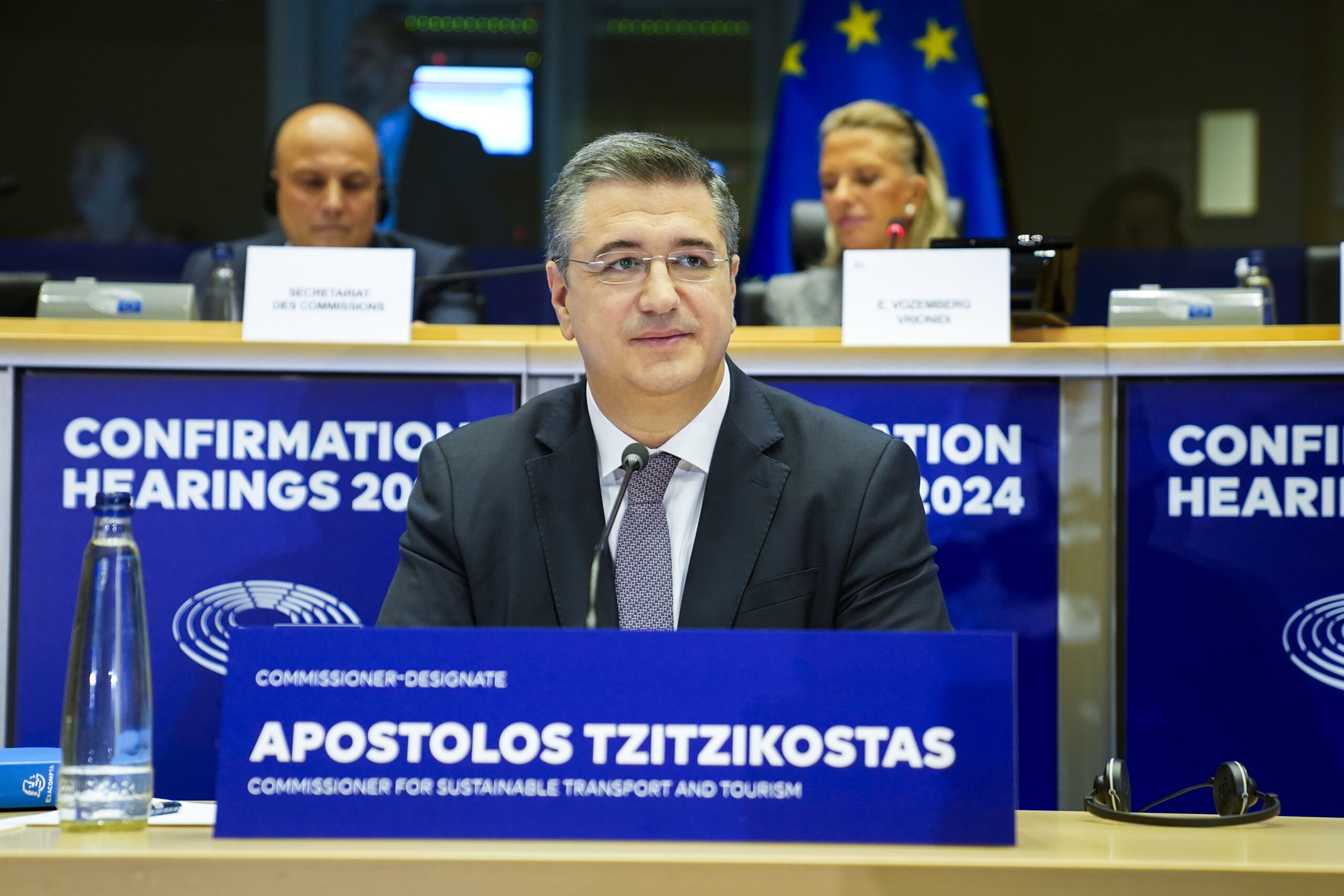
Regarding the ban on the sale of new gasoline- or diesel-powered cars from 2035, which some EU governments would like to revise, Tzitzikostas assured, “We have specific rules and targets, and we have to stick to the plan. Otherwise, the message the EU will send will not be one of stability and confidence.” The commissioner-designate clarified that the target “also allows for hybrid and plug-in vehicles. We are not creating a disruptive element. There is no 100 percent electrification.”
Finally, a green light is expected also for Luxembourg’s Hansen, future head of Agriculture and Food. As a matter of fact, Hansen, in defiance of superstition and the procedures that stipulate that it is the Conference of Presidents that closes the evaluations, has already said: “Honored to have been confirmed” by the European Parliament’s AGRI Committee, promising to “work hard to live up to the trust” bestowed on him by MEPs.
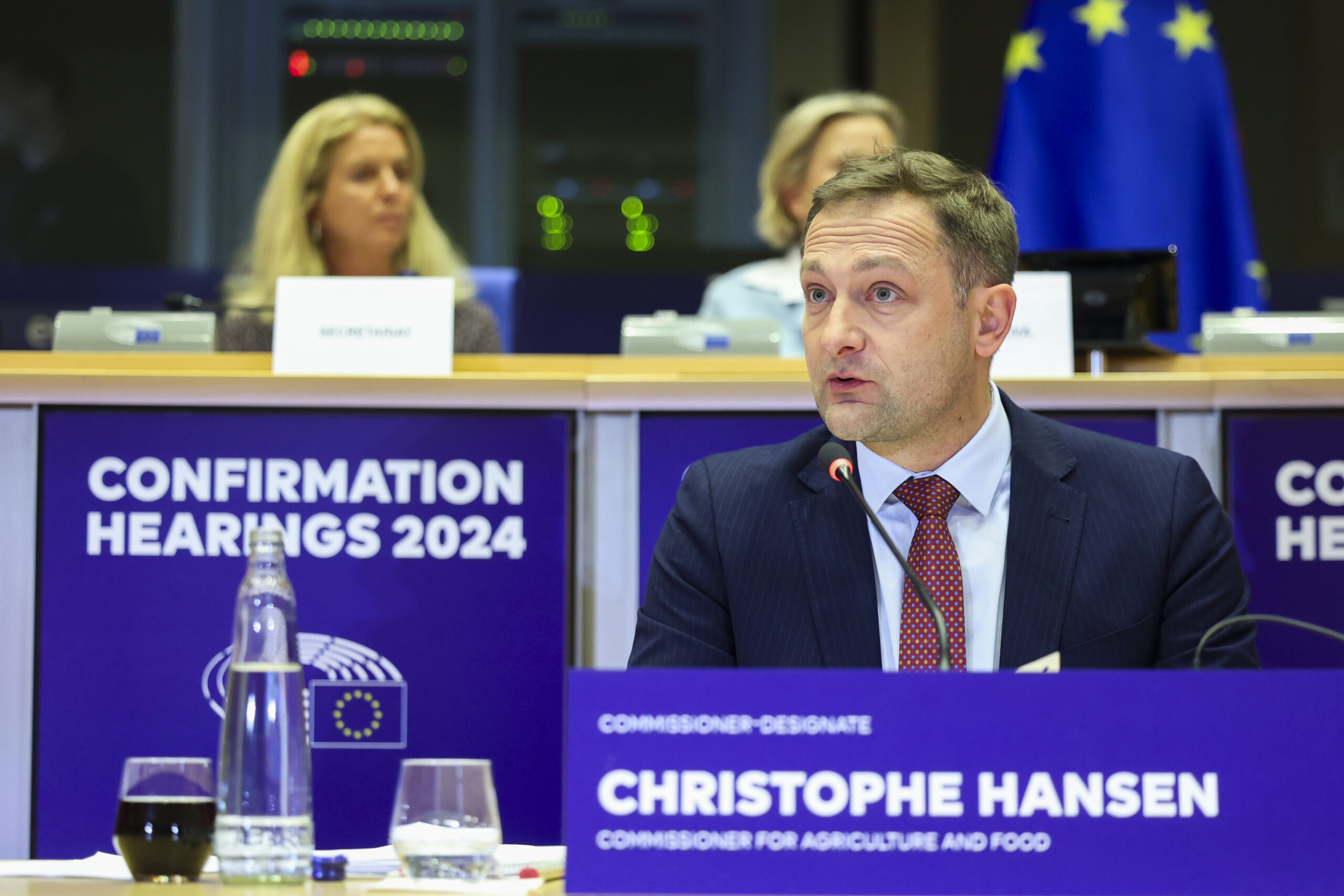
Indeed, the Luxembourg candidate only needed to guarantee that he would strenuously defend the interests of European farmers to convince two-thirds of the group coordinators. Hansen promised that he would “use all resources” to “strengthen the competitive position” of farmers: “income from the market, public income support, investment and other alternative sources of financing.” S&D coordinator on the AGRI Committee, Dario Nardella, confirmed the green light to Hansen, spurring him to “work for a new Common Agricultural Policy that puts farmers at the center.”
On the first day of hearings, the pro-European majority that supported Ursula von der Leyen’s re-election chose non-belligerence. Populars, Socialists, and Liberals gave the green light to all four commissioners-designate. There were also no vetoes from the Greens, and the European Conservatives and Reformists, sending a positive signal ahead of the difficult hearing that awaits Raffaele Fitto. Today it is the turn of the Irish liberal Michael McGrath, commissioner-designate for Democracy, Justice, and the Rule of Law, the Danish socialist Dan Jørgensen, designate for Energy and Housing, and four Populars: Bulgaria’s Ekaterina Zaharieva, nominee for Research and Innovation, Croatia’s Dubravka Šuica, who has been given the new portfolio for the Mediterranean, Sweden’s Jessika Roswall, commissioner-designate for Environment, and Austria’s Magnus Brunner, responsible for Home Affairs and Migration. Portfolios that are becoming increasingly important and will test the fragile pact of non-belligerence between the main political forces in the European Parliament.
English version by the Translation Service of Withub




